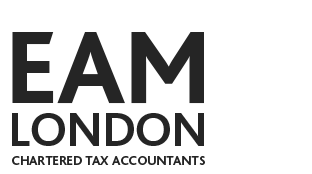
Personal Tax
Every EAM London client has a dedicated personal tax manager as their first point of contact should they require advice or have any queries.
Our Services
- Self Assessment tax returns
- CGT computations
- Rental profits calculation
- Tax planning
- Dealing with HMRC investigations and enquires
- Sole trader accounts
- Partnership accounts
- Entrepreneurs Relief
- Rollover Relief
(Not limited to the above services, please enquire)
Many UK taxpayers have their taxes deducted automatically from their wages, or pensions, and so don’t need to file a tax return.
But around 11.5 million tax returns are due this year, from individuals or partnerships who haven’t had tax automatically deducted, or have earned extra untaxed income.
- You’ll need to submit a tax return if any of the following applied to you in the last tax year (6 April 2018 to 5 April 2019):
- You’re self-employed and your income was more than £1,000.
- Your income was more than £50,000, and you or your partner claimed child benefit.
- You earned more than £2,500 from renting out property, or from other untaxed income such as tips or commission.
- You earned more than £100,000 in taxable income.
- You earned £10,000 or more before tax from savings, investments, shares or dividends.
- You earned income from abroad, or lived abroad and had a UK income.
- You need to pay capital gains tax.
- You received income from a trust.
- Your state pension was more than your personal allowance and was your only source of income (unless you started getting your pension on or after 6 April 2016).
- HMRC has told you that you didn’t pay enough tax last year (and you haven’t already paid up through your tax code or voluntary payments).
- You filed a self-assessment tax return last year (even if you didn’t owe any tax). You’ll need to do this unless HMRC has already written to you to say you don’t need to file one.
If you need to file a self-assessment tax return, you will need a Unique Tax Reference (UTR) number issued by HMRC. EAM London can help you register for self-assessment and obtain the UTR, as well as prepare your return and file it with HMRC before the 31 January deadline.





